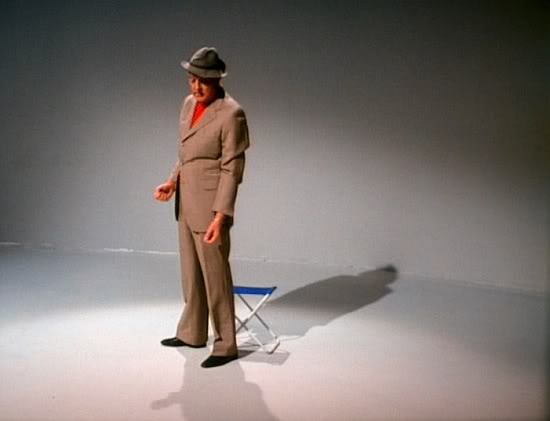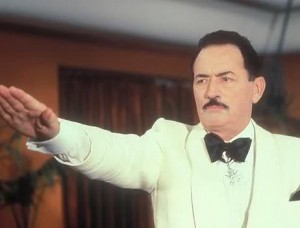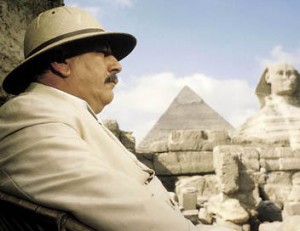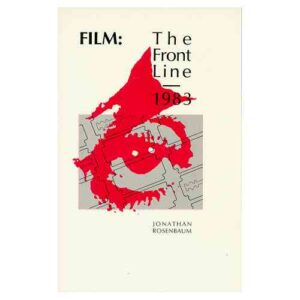From Sight and Sound (Winter 1976/77). -– J.R.

Jacques Tati, by Penelope Gilliatt
(Woburn Press, £ 2.95). A good example of Sunday supplement journalism, this thumbnail sketch — the first book in English devoted to Tati — shares roughly the same virtues and limitations as Gavin Millar’s Omnibus programme on him last spring: a warm, ample sense of the comic’s personality and opinions is coupled with a meagre grasp of his art. Basically derived from a New Yorker Profile, but decked out with a pleasant assortment of stills, Gilliatt’s slim volume hops from interview material to favourite recollected gags and back again without so much as hinting at the radical complexity of any single shot and its accompanying sounds in any Tati film, restricting its focus to a set of stray details retrieved out of context. To settle for this sentimental reduction of Tati’s genius is roughly tantamount to reducing [James Joyce’s] Ulysses to Joseph Strick’s greeting card version. But Hulot fans who feel that Tati’s importance rests chiefly on his charm as a performer should have little cause for complaint.
JONATHAN ROSENBAUM
 Read more
Read more
From American Film (May 1978). – J.R.
What’s been happening to British film production lately? If one tries to sort out the myriad confusions of financing patterns, it seems possible to arrive at two diametrically opposed conclusions — depending upon where one happens to be sitting and who one happens to be listening to. One conclusion says that things look bleaker than ever, with no genuine relief in sight. The other sees a renaissance of British filmmaking just around the corner.


On the one hand, toting up the investments of British capital in expensive feature productions, things seem to be unusually active. The brothers Lord Lew Grade and Lord Bernard Delfont seem to be leading the pack with their respective companies, ITC and EMI, preparing such extravaganzas as Franklin J. Schaffner’s The Boys From Brazil (ITC) -– starring Gregory Peck, Laurence Olivier, James Mason, Lilli Palmer, and Uta Hagen — and Death on the Nile (EMI), another all-star special featuring Peter Ustinov, Jane Birkin, Bette Davis, Mia Farrow, Jon Finch, Maggie Smith, David Niven, and Angela Lansbury, under the direction of John Guillermin. Even the long-restive Rank organization has been getting back into financial participation.
On the other hand, where’s the indigenous British product? Read more
From Sight and Sound (Spring 1984) -– designed as a sort of spinoff/update of my recently published book Film: The Front Line 1983. -– J.R.


Item: In assorted outdoor locations all over the US, from a Santa Monica pier to a park in lower Manhattan’s Soho, Louis Hock has been showing a silent, triple-screen film of his own devising called Southern California. The film’s imagery is of the colorful, mythical sort that its title suggests: placid neighborhoods flanked by palms; a San Clemente flower farm; fruit and vegetables in a La Jolla supermarket; downtown Los Angeles glimpsed from the rotating Angel’s Flight Bar or from the top of the Hyatt-Regency. Southern California is actually one strip of film run consecutively through three adjacent 16mm projectors which are aimed at the same wall.
There’s a gap of 22 1/2 seconds between the time that the first and second panels in the triptych appear, and again between the reappearance of the same images on the second and third panels. Every image, consequently, appears twice in each 45-second cycle.
Rather than promote his movie in any ordinary way, Hock usually finds a public site (like the University of California’s San Diego campus, or the street level of the South Ferry terminal in New York, where Staten Island commuters pass), sets up his gear, waits until nightfall, starts to show his 70-minute film on a continuous loop and waits to see what happens. Read more






